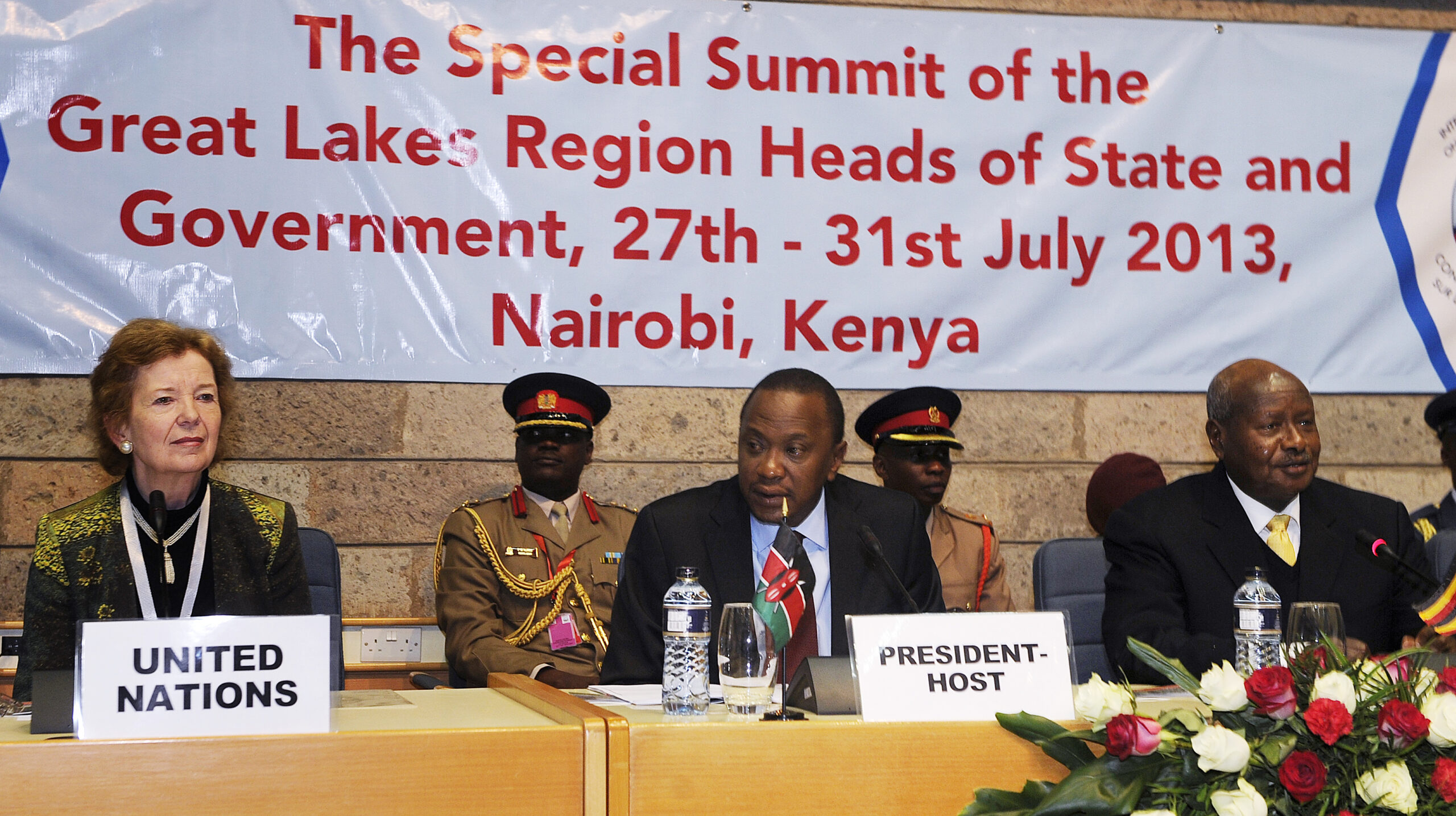
Africa’s Great Lakes region commit to transparency in electoral process

Countries in African Great Lakes region on Tuesday pledged to boost transparency in the electoral process in order to foster peace, stability, inclusivity and sustainable development.
Senior policymakers and experts from the Great Lakes region said at a forum in Nairobi that improved management of elections is key to preventing disruptions that are a threat to cohesion and economic development.
“Periodic elections that are free, fair and transparent are a prerequisite to maintaining stability, peace and reconciliation in the Great Lakes region,” said Monica Juma, Kenya’s cabinet secretary for foreign affairs.
Juma said that improving the electoral process in the Great Lakes region through adoption of technology and robust citizen engagement will speed up reconstruction among countries experiencing political crises.
“Countries in the great lakes region should expand democratic space through transparent elections. Credible polls are key to boost legitimacy of governments,” said Juma.
African Great Lakes states in partnership with multilateral institutions have prioritized reform of election management bodies to ensure they are an integral part of efforts to strengthen democracy and rule of law.
Zachary Muburi-Muita, executive secretary of International Conference on the Great Lakes Region (ICGLR), said that institutional reforms coupled with capacity development are key to boosting the ability of electoral bodies to conduct transparent polls.
He said that elections in the Great Lakes region should address long-standing challenges like alienation of youth and minority groups in political leadership.






